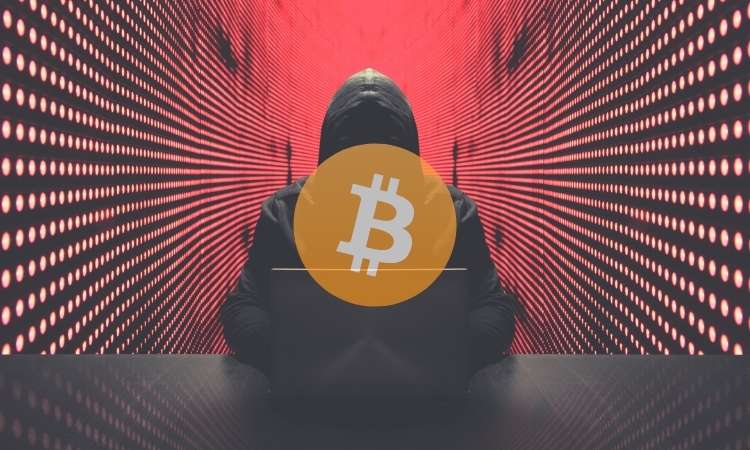A slew of major U.S. grocery chains have been targeted by scammers in recent months posing fake bomb threats with demands for ransom payments.
While often involving cash or gift cards, the scammers have sometimes requested that their victims pay them in Bitcoin (BTC).
The Supermarket Scam
As reported by the Wall Street Journal on Sunday, companies like Kroger, Walmart, Whole Foods Market have been targeted by the scam at various stores across and Wisconsin, with scammers threatening to detonate bombs if payments weren’t made. Law enforcement is already investigating the issue.
In a suburb north of Chicago, a Whole Foods employee received a call claiming that a pipe bomb had been placed in the building and said he would detonate it unless paid with $5,000 in BTC. A Kroger employee in Mexico received a similar threat demanding a wire payment, claiming a bomb would explode if the employee tried calling the police.
Nevertheless, employees did contact authorities, and police helped evacuate each store. No suspicious items were found in either situation.
According to industry experts, bomb threats demanding ransom from retailers are a newer form of extortion that began earlier this year.
“Every single day, we worry about safety and take everything extremely serious,” said Rodney McMullen, chief executive of Kroger. The retailer is already cooperating with local law enforcement and the Federal Bureau of Investigation (FBI). The FBI said that members of the public should stay aware of their surroundings and report suspicious activity to law enforcement.
Meanwhile, local police in the relevant areas are trying to investigate the threat, but are having trouble tracking the scammer down because the callers used hacked phone numbers. Authorities say it’s still unclear where callers are located, or whether they’re operating as part of an organized effort.
Bitcoin and Ransom
Bitcoin has become a popular tool for facilitating ransom payments thanks to its global nature, relative privacy, and immunity to transaction reversals. In May, a Russian man named Mikhail Pavlovich Matveev was charged for working with co-conspirators to extort $200 million in payments across multiple ransomware strains, much of which came through crypto.
In 2022, Ransomware payments in crypto fell substantially compared to 2021 as victims became less willing to make the transfers. U.S. Treasury sanctions rules against making such payments have made them riskier for victims to conduct.
Credit: Source link















































